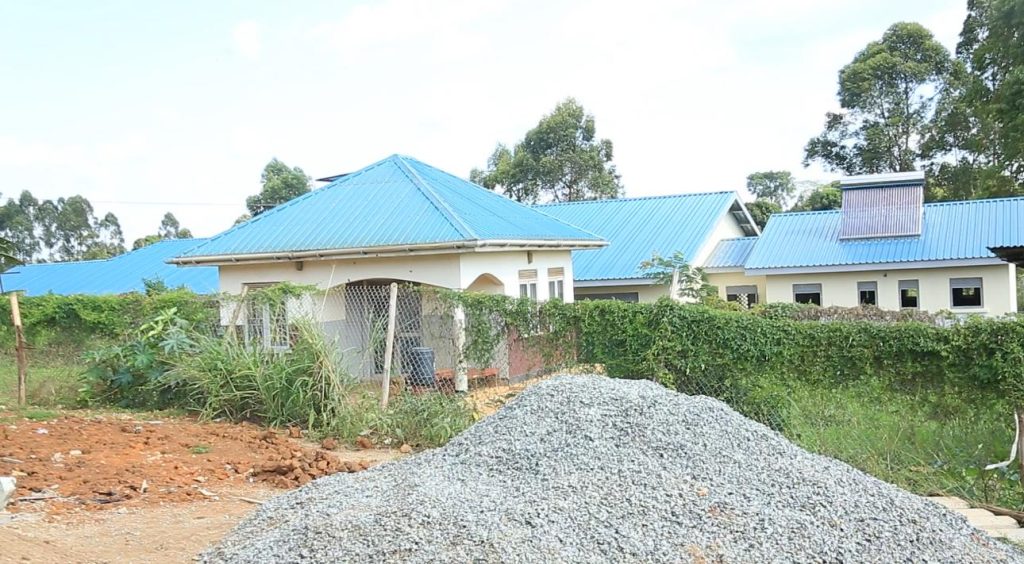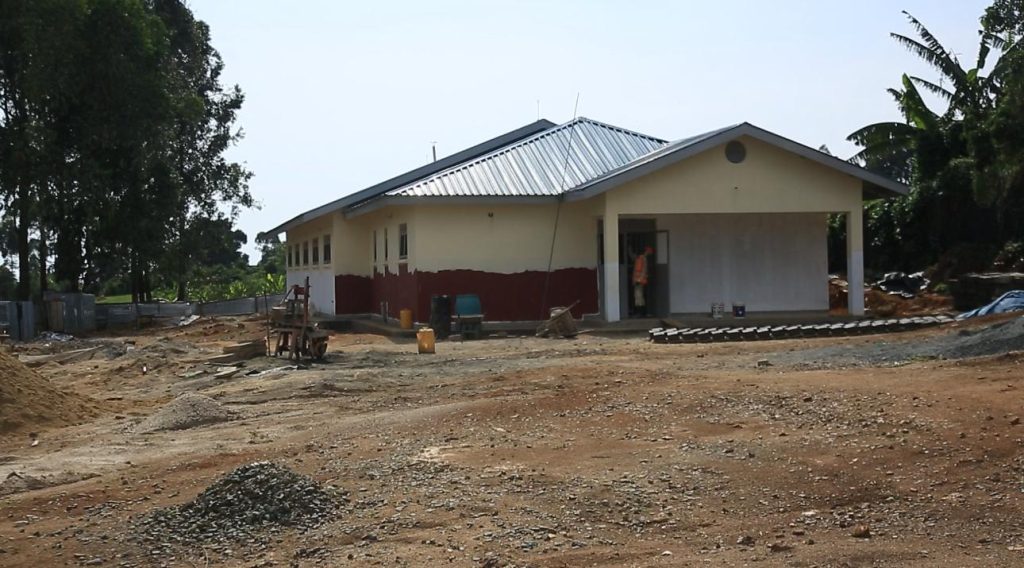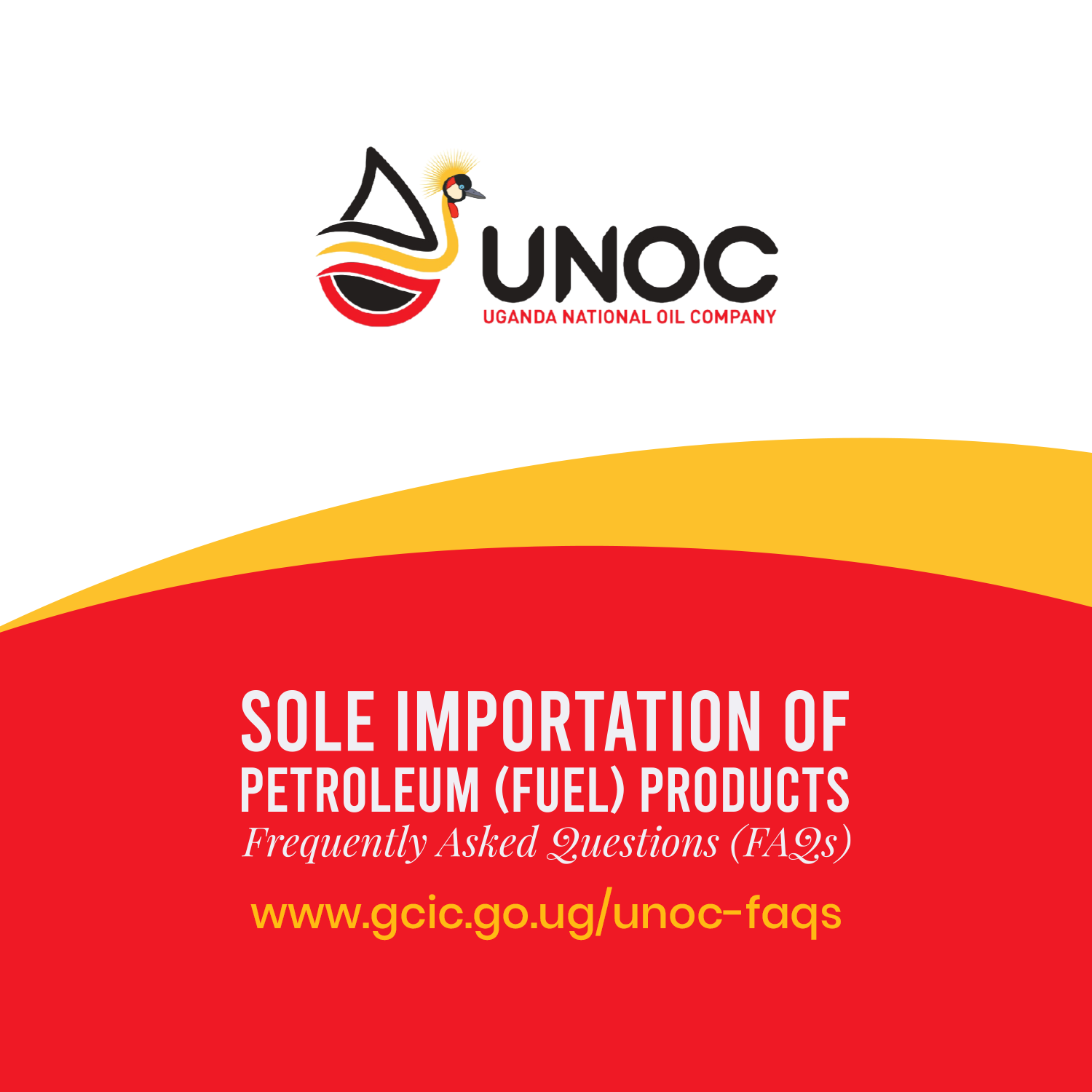

In the heart of the Kyangwali Refugee Settlement, situated in the rolling hills of western Uganda, a quiet but powerful transformation is taking place. Once marked by overcrowded tents and strained medical staff, Kyangwali Health Centre IV has taken a monumental leap forward in its mission to serve both refugee and host communities.
In December 2023, the health centre introduced a fully equipped Neonatal Care Unit, a beacon of hope for hundreds of families. Designed specifically to support premature and critically ill newborns, the unit has already saved dozens of lives. Before its establishment, premature babies had little chance of survival due to lack of equipment and specialized care. Now, tiny lives that begin with a struggle have a fighting chance.
Yet, challenges remain, more than 200 new mothers are still receiving postnatal care in temporary tents pitched on the compound. The tents, vulnerable to harsh weather, offer little comfort and even less privacy. Nurses and doctors at Kyangwali Health Centre IV continue to work in cramped spaces with limited resources but their dedication never falters. “We do everything we can,” says one nurse. “These mothers and babies deserve the best we can give”.
Kyangwali Health Centre IV is a lifeline for thousands both refugees and residents alike but its capacity has long been outstripped by the scale of need. With no drugstore on site, critical medicines are not always readily available. The absence of a mortuary places immense strain on grieving families. And space, always at a premium, hinders even the most basic care.
But hope is rising, brick by brick.
Despite all the challenges, hope is rising brick by brick as major infrastructure upgrade is now underway, promising to change the face of healthcare at Kyangwali. A customized maternity ward is being constructed which is a dedicated space designed with the needs of mothers in mind. It will ensure safe and dignified care throughout pregnancy, childbirth, and recovery.
A theatre for Cesarean sections is also being established, crucial for handling complicated deliveries and reducing both maternal and infant mortality. The new High Dependency Unit (HDU) will feature 10 specialized beds, offering close monitoring for mothers and newborns in critical condition.
To support the staff who carry this immense responsibility, a permanent duty station is being developed that will enable round-the-clock medical supervision and rapid emergency response. And for the first time, the centre will have a placenta pit, ensuring safe and hygienic biomedical waste disposal, a small but vital step in maintaining public health standards.
These developments reflect not just infrastructure, but a commitment to dignity, safety and life of the patients from the refugee camp and local community. For the mothers who walk miles to give birth in a safe place, for the nurses who stay up through the night tending to fragile newborns and for every family that calls Kyangwali home, this upgrade is more than bricks and mortar. It is a promise that will be kept.
Communications OfficerGovernment Citizen Interaction Centre. State House.





